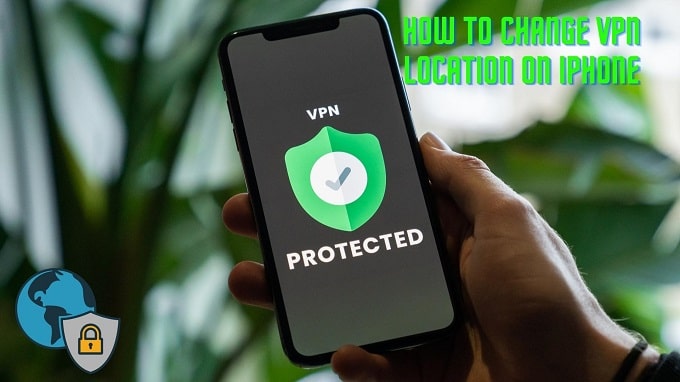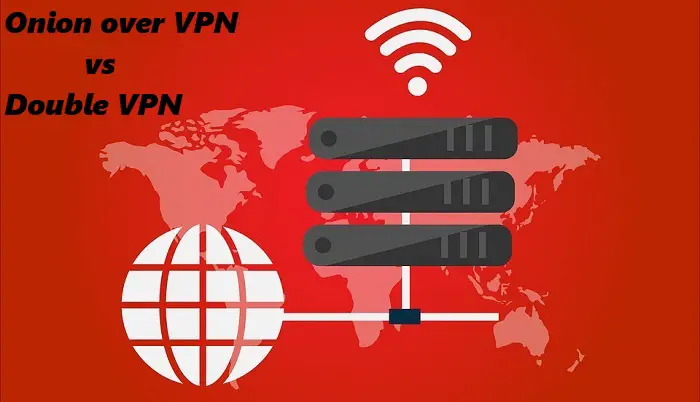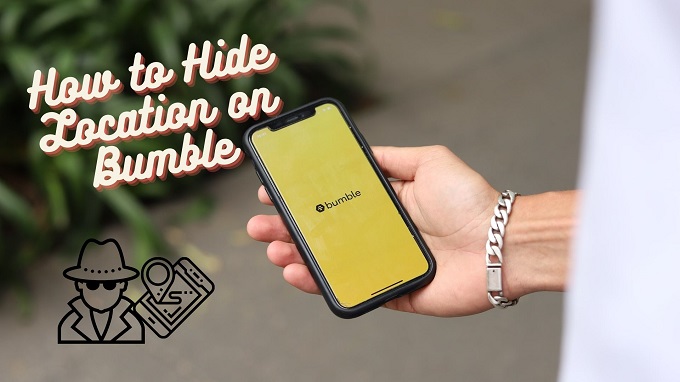Torrenting is a great way to share files with others, but it can also be a risky activity if you’re not careful. In this blog post, we will compare VPNs and proxies and discuss which one is better for torrenting. We’ll also provide some tips on how to stay safe while torrenting!
What is torrenting?
Torrenting is a popular way to share files with others. It’s a peer-to-peer (PŐP) network, which means that users connect to each other directly, without going through a central server. This makes it incredibly efficient for sharing large files.
However, because torrenting bypasses traditional servers, it can be difficult to track who is sharing what. This anonymity can be attractive to people who want to download copyrighted material or engage in other illegal activities. For this reason, torrenting is often associated with piracy and copyright infringement. That said, there are many legitimate uses for torrenting. For example, it’s often used by developers to distribute large software programs or by artists to share high-quality music files.
What is a VPN?
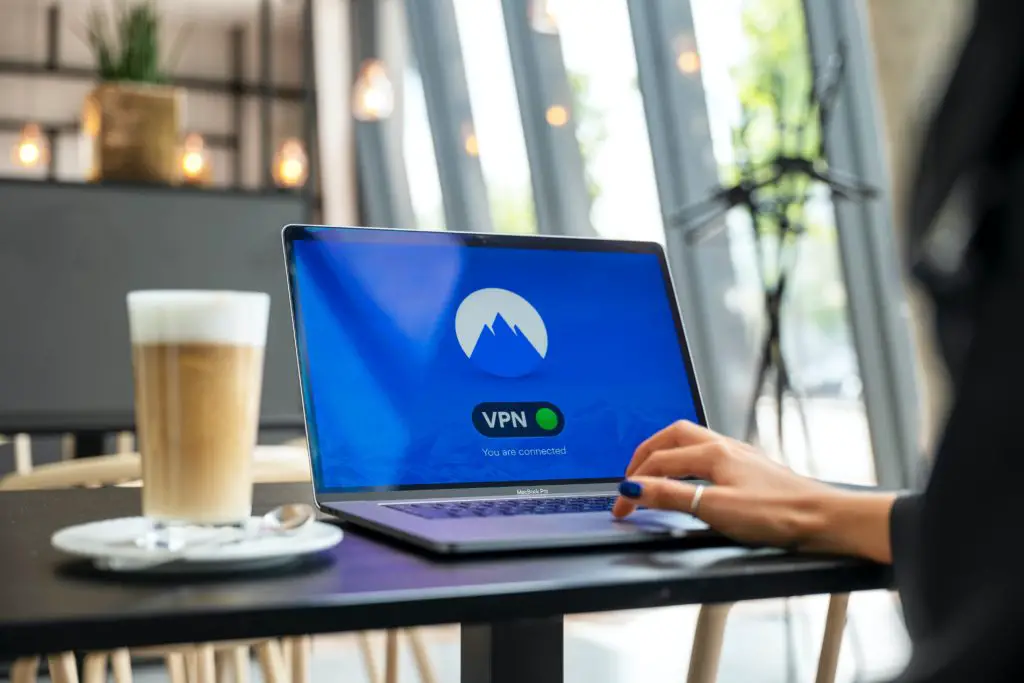
A VPN, or virtual private network, is a tool that helps you stay anonymous and secure while online. A VPN encrypts your internet traffic and routes it through a server in another location. This makes it difficult for anyone to track what you’re doing or where you’re going.
Do I have to use a VPN to work with torrenting?
No, you don’t have to use a VPN to torrent. However, we recommend using a VPN if you want to stay safe and secure while torrenting. A VPN will encrypt your traffic and help to hide your identity. Additionally, a VPN can give you access to blocked websites and content.
How does VPN help with torrenting?
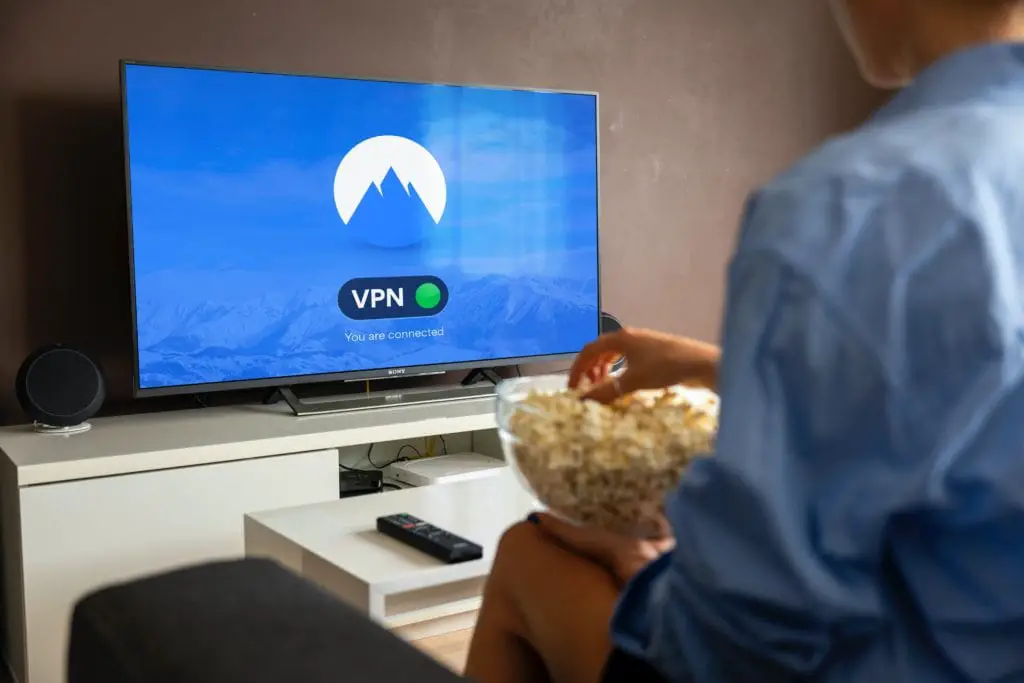
VPNs are a great tool for torrenting for several reasons. First, as we mentioned before, a VPN can help you stay anonymous while online. This is important because it means that your ISP (internet service provider) won’t be able to see what you’re doing or where you’re going.
Is it safe to use a VPN for torrenting?
Yes, it is safe to use a VPN for torrenting. However, you should always be careful when choosing a VPN provider. There are many “free” VPN providers out there, but these often come with risks. For example, some free VPNs may sell your data to third parties or show you ads. Additionally, free VPNs often have slower speeds and may not offer the same level of security as paid VPNs.
When choosing a VPN for torrenting, we recommend doing your research to make sure that the provider is reputable and that they have a no-logs policy. This means that they won’t keep track of what you’re doing online. For example, NordVpn is a very good choice for torrenting, as they have a strict no-logs policy and they’re one of the fastest VPN providers out there.
How to use VPN properly to torrenting?
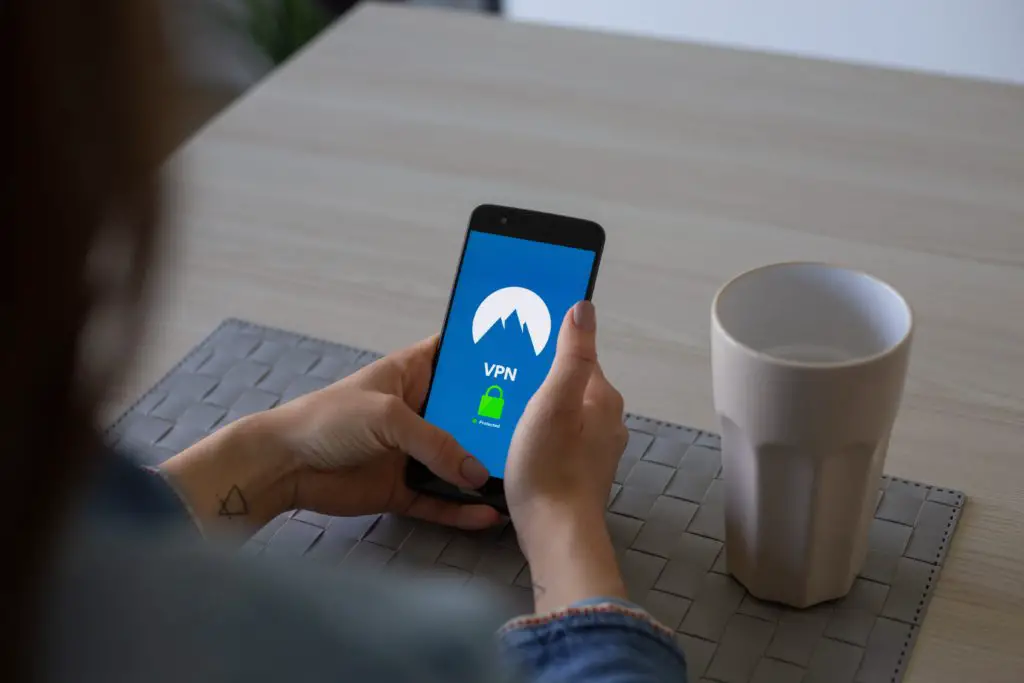
If you’re new to VPNs, we recommend checking out our beginner’s guide to VPNs. This will help you get started with using a VPN and will give you some tips on how to stay safe while online.
- Choose a reputable VPN provider with a no-logs policy.
- Connect to a server in another country. This will help you avoid any local restrictions on torrenting.
- Use a secure protocol like NordVpn.
- Enable the kill switch feature. This will ensure that your traffic is protected even if your VPN connection drops.
What is a proxy?
A proxy is a server that acts as an intermediary between you and the internet. When you connect to a proxy, your traffic is routed through the proxy server before reaching its intended destination. This can be used to hide your IP address or unblock websites and material that are prohibited in your country.
Are there different kinds of proxies?

Yes, there are different kinds of proxies.
Web proxies
A web proxy is a type of proxy server that allows you to access websites. When you connect to a web proxy, your traffic is routed through the proxy server before it reaches its destination. This can be used to mask your IP address or unblock websites and content that might be blocked in your country.
SOCKS proxies
A SOCKS proxy is a type of proxy server that allows you to access any kind of internet protocol. When you connect to a SOCKS proxy, your data is routed through the proxy server before reaching its final destination. This may be used to conceal your IP address or access content that might be prohibited in your country.
Do I have to use a Proxy with torrenting?
No, you don’t have to use a proxy to torrent. However, we recommend using a proxy if you want to stay safe and secure while torrenting.
How does proxy help with torrenting?
Proxies can be helpful for torrenting for similar reasons as VPNs. For example, a proxy can help you stay anonymous while online and can encrypt your internet traffic. Additionally, proxies can give you access to websites and content that might be blocked in your country. However, proxies are not as secure as VPNs because they do not route your traffic through an encrypted tunnel.
Can I use a free proxy for torrenting?

Yes, you can use a free proxy for torrenting. However, we recommend using a paid VPN service like NordVpn. This is because free proxies are often unreliable and may sell your data to third parties. Additionally, free proxies often have slower speeds and may not offer the same level of security as paid VPNs
Is it worth using a proxy for torrenting?
Whether or not it’s worth using a proxy for torrenting depends on your needs. If you’re looking for a tool to help you stay anonymous and encrypt your traffic, then a VPN is a better choice. However, if you’re simply searching for a method to unblock restricted materials, then a proxy may be enough. In the end, combining a VPN and a proxy is the greatest option for torrenting.
How to use Proxy properly?

- In general, there are a few things to keep in mind when using a proxy for torrenting:
- Choose a reputable proxy provider with a no-logs policy.
- Connect to a server in another country. This will help you avoid any local restrictions on torrenting.
- Enable the kill switch feature. This will ensure that your traffic is protected even if your VPN connection drops.
Proxies can be helpful for torrenting for several reasons such as helping maintain anonymity and encrypting traffic but they are not as secure as VPNs. A kill switch is a critical feature for both proxies and VPNs to ensure that your traffic is protected in the event of a connection drop.
Are VPNs and proxies the same thing?
No, VPNs and proxies are not the same. Proxies are less secure than VPNs and do not offer the same level of privacy. Additionally, proxies can be used to access blocked content, but they will not encrypt your traffic like a VPN. If you’re looking for a tool to help you stay safe and secure while online, we recommend using a VPN.
And yet, what is the best to use for torrenting?
There is no easy answer when it comes to choosing between a VPN and proxy for torrenting. Ultimately, the best solution is to use both a VPN and proxy. This will give you the maximum level of security and privacy while surfing online. However, if you’re just looking for a way to access blocked content, then a proxy may be sufficient.
If you’re new to either VPNs or proxies, we recommend checking out beginner’s guide to VPNs or beginner’s guide to proxies. These guides will help you get started with using a VPN or proxy and will give you some tips on how to stay safe while online.
Is there any way to replace VPNs and proxies with other methods?
Yes, there are other methods you can use to stay anonymous while torrenting. For example, you can use the Tor network or a seedbox. However, these methods are not as effective as VPNs and proxies. Additionally, they can be slower and more difficult to set up.
In conclusion, we recommend using both a VPN and proxy for torrenting. This will provide you with the most protection and anonymity when surfing the web.
VPN vs Proxy for Torrenting: Overall
Using a VPN is the best way to torrent because it will encrypt your traffic and keep you anonymous. Additionally, a VPN can help you access blocked content. However, if you’re just looking for a way to access blocked content, then a proxy may be sufficient. Ultimately, the best solution for torrenting is to use both a VPN and proxy. This will give you the maximum level of security and privacy while online.


